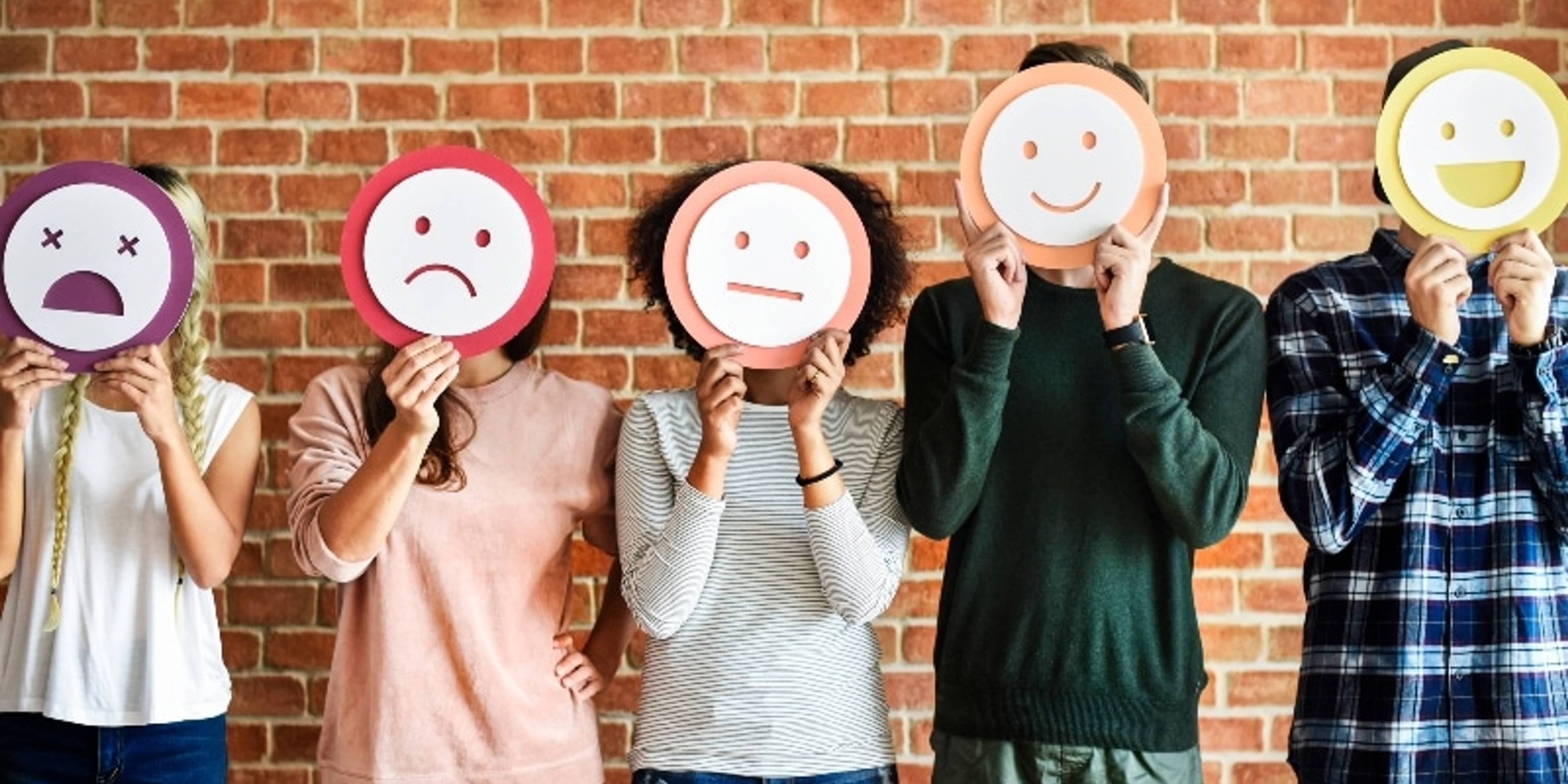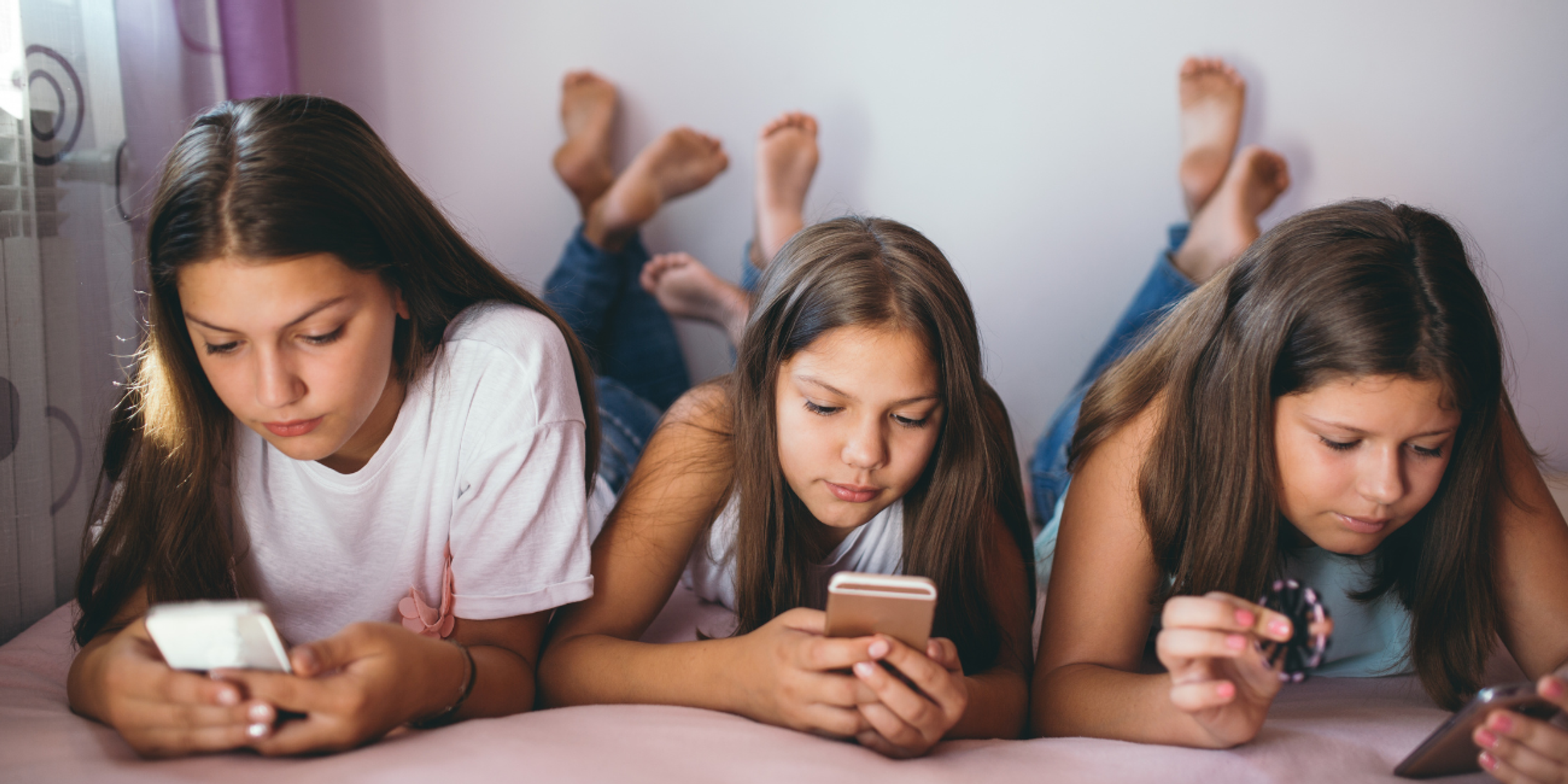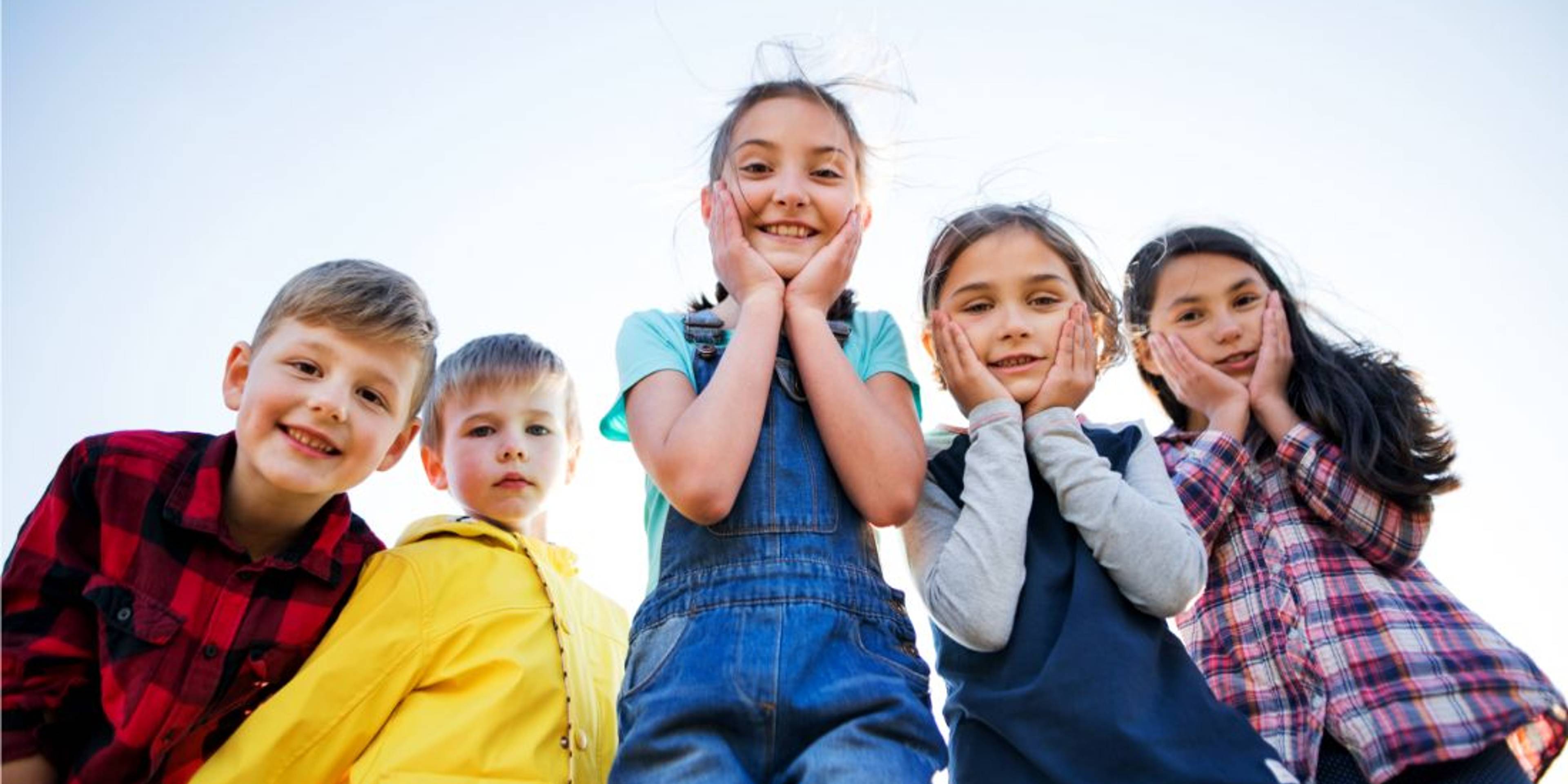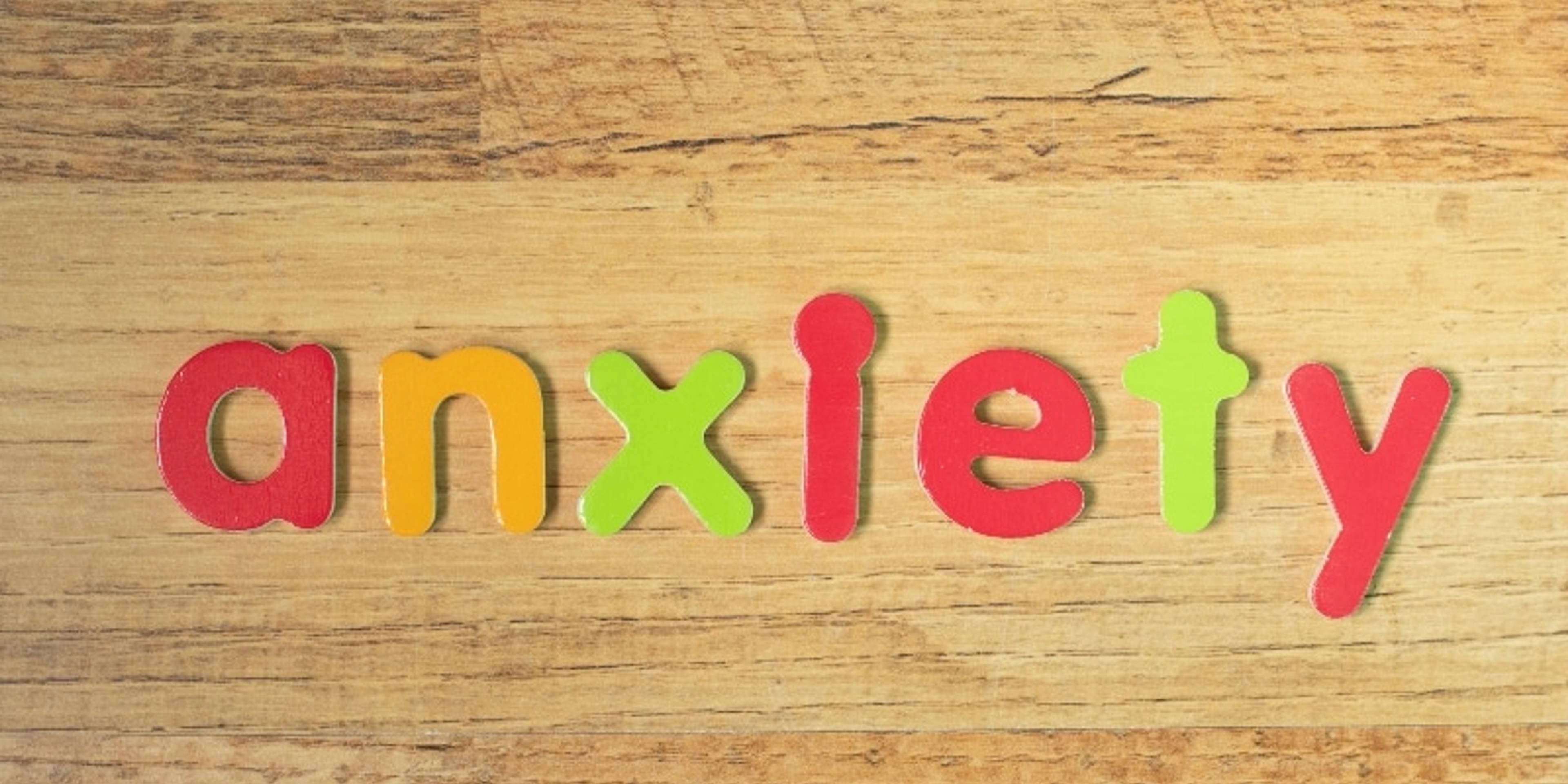
Holidays are well and truly back, the sun is shining, school closures feel like a distant memory and, despite the high numbers of infections, Covid-19 no longer dominates either the headlines or our everyday conversations. News and discussions about current affairs are now rightly focused on the horrifying and urgent situation in Ukraine. However, as we embark on this post-pandemic period, researchers are becoming increasingly aware of the long-term impact that the pandemic has had on the mental health of our children.
A recent article by experts from King’s College London (from which many of the statistics contained within this post are gleaned) notes that ‘with the disruption to schools, prolonged social isolation, health anxiety, and economic instability, the Covid-19 pandemic has exposed young people to many known risk factors for mental illness, raising serious concerns about their wellbeing’. We know, for example, that, prior to the pandemic, England’s Mental Health of Children and Young People (MHCYP) survey found that one in nine children and young people were affected by a mental health condition. By October 2020, this figure was a staggering one in six children, and young people were reporting feelings of loneliness, disrupted sleep and health anxiety.
The impact of Covid
The impact of the pandemic on mental health is a complex one. Whilst overall levels of mental health difficulties have risen, some young people have reported improvements in their wellbeing, indicating that the pandemic has impacted on different children in very different ways. NHS Digital’s 2021 Mental Health of Children and Young People survey found that whilst 40% of 6-16 year olds have experienced a deterioration in mental health, 22% actually experienced improvement. Many children felt that their family relationships changed positively and the vast majority could cope with lockdown measures. It makes sense that the lockdown experience is likely to have been easier for young people with a warm family life and adequate financial resources. We know that some children who particularly struggle with school also enjoyed the experience of learning at home and have found the return to school challenging, rather than welcome.
Despite these silver linings, the growing body of available research reveals that Covid has generally impacted negatively on children and young people. A systematic review found that lockdowns were associated with psychological distress, loneliness, boredom, fear and stress. During the pandemic, many new cases of psychiatric conditions appeared and many children and teens with previous mental health conditions relapsed. Eating disorder referrals skyrocketed as the lack of routine disrupted structured mealtimes (we have a whole section on this subject in the Tooled Up library) and there has been a significant rise in the sudden onset of tics in teenage girls.
Having intellectual disabilities, mental disorders before the pandemic or being female are all factors associated with a greater increase in mental health symptoms. Abuse and neglect seem to have increased and children normally reliant on services for help were often left without the support they needed. Due to a lack of diverse samples, research into the impact on different ethnic groups is sparse, but it appears that Black/Black British children were three times more likely to live in a household experiencing financial hardship, when compared to White British children.
Waiting lists for already stretched Child and Adolescent Mental Health Services are now even bigger, with the Centre for Mental Health predicting that 1.5 million children will need new or additional support. The UK government has recognised the need to support mental health teams in schools and provide training to parents and teachers, and plans to boost mental health services by 2024.
Tooled Up tips that can help
Whilst news of this growing mental health crisis is extremely worrying, there are plenty of resilience building ideas which can be easily implemented, both at home and school. If you belong to a Tooled Up school, we already have plenty in the library that can help (take a look at the wellbeing section of our resource index for ideas).
Firstly, we’d advise that help-seeking is normalised. Research shows that many young people don’t know how or when to seek support and many don’t feel comfortable doing so, even when they understand how to access it. We know that normalising help-seeking and helping young people to initiate it is beneficial. Why not use our Who is There For Me? activity to encourage children to reflect on their assets and personal sources of support (young children might prefer our Five Fingers of Support template). It might also spark a conversation about any obstacles or barriers that stop them from reaching out (younger children might find this simple activity useful). For more information on help-seeking, listen to our podcasts with Professor Siobhan O’Neill and Professor Ellen Townsend. If short of time, simply read the accompanying notes.
It’s important to help our children understand that if their feelings prevent them from doing things that they normally love and enjoy, or if they interfere with eating or sleeping, then they need to seek help (our Happiness Checklist might help when considering this). We want to encourage them to catch little problems before they grow into something larger. Our video on Visual Metaphors to Promote Resilience might help with these conversations.
Encourage them to pursue activities that bring them joy, are fun, allow them to express agency and boost self-confidence and self-esteem. Physical activity and a connection to nature are also known to have positive mental health benefits (you might be inspired by some of our ideas). Notice their passions and encourage them to set small achievable goals (use our Goal Setting Planner to help), praise them for their effort, celebrate their success and remark on their resilience when things don’t quite go to plan.
Difficulties in coping with uncertainty are associated with a wide range of mental health issues, including anxiety, low mood, eating disorders and post-traumatic stress disorder. Encouraging children to distinguish between the ‘controllables’ and the things that are outside of their control will help to develop a crucial tenet of mental toughness, and we have the perfect activity to help. You might also like to listen to our podcast with mental toughness expert, Professor Peter Clough, or read the accompanying notes.
Try to ensure that they feel calm about any upcoming academic challenges, tests or exams. It is certainly possible for children to thrive both academically and mentally, but we need to put things in place to help. Our webinar recording will give you 30 evidence-based tips. If your child is anxious about attending school (or anything else), our suite of evidence-based ‘Wobble’ resources are there to help. Teens might also be encouraged to reflect on any worries that they have and come up with some strategies that help to alleviate them.
We know that girls are disproportionately affected by low self-esteem and poor body image and have been more likely to be adversely impacted by the pandemic. It’s important to understand the dynamics of self-esteem and nurture body gratitude. Listen to our podcast with Professor Charlotte Markey and check out our body gratitude activity.
Remember that your mental health is important too and is strongly correlated with your children’s. If you find yourself feeling overwhelmed, our Stress Less activity might help you to assess your stress triggers and evaluate how best to cope with them and our Spinning Plates activity will prompt you to consider strategies that might lighten the mental load.
More News

Jun 19, 2025
Tooled Up Education to Collaborate with Researchers from the University of Manchester
Tooled Up Education is excited to announce we will be collaborating as a research partner with researchers from the University of Manchester.

Mar 17, 2025
Netflix's Adolescence: related resources in Tooled Up
Have you watched Adolescence on Netflix? Do you want to learn more about the issues raised? We have webinars and podcasts available to everyone, along with CPD and classroom resources available to Tooled Up teachers.

Oct 10, 2024
Tooled Up supports Bank of Ireland's 'Wild Child' campaign
Here at Tooled Up, we are really excited about our ongoing partnership with Bank of Ireland and we're very proud to have worked on a two-month long initiative aimed at supporting Bank of Ireland employees and their families. The ‘Wild Child’ campaign was a weekly digest delivered directly to BOI staff through August and September 2024, offering a range of resources, tools and support and for staff and their families.

Sep 09, 2024
Have smartphones and social media led to an anxious generation?
In this analysis, Dr Margarita Panayiotou, Senior Lecturer in Quantitative Methods in the Institute of Education at The University of Manchester, goes beyond the headlines to consider what the evidence really shows about the impact of smartphones on young people's mental health.

Apr 30, 2024
Sextortion: what is it and why is it in the news?
The National Crime Agency has issued an alert to UK teachers following an increase in sextortion: a type of online blackmail in which the offender threatens to release nude or intimate photos of the victim.

Mar 08, 2024
#InspireInclusion: Celebrating International Women’s Day
You are probably already aware that it’s International Women’s Day today. This year’s theme is #InspireInclusion and the event focuses on celebrating women’s achievements, raising awareness about discrimination and taking action to drive gender parity. Working as part of a small (but growing) team of fantastic women (and men), these are things that we are passionate about at Tooled Up, and we have plenty of resources for the Tooled Up community which will help to break down stereotypes and recognise the successes of some remarkable women.

Nov 17, 2023
Tooled Up Education – 2024 BETT Awards Finalist
We are delighted to announce the exciting news that Tooled Up Education has been shortlisted as a finalist for the 2024 BETT Innovation Award.

Sep 27, 2023
Tooled Up Education Joins Forces with ISEB to Champion Pupil Wellbeing in Admissions Tests and Exams
We are really excited to launch the Parent Power Toolkit, a new set of resources that we’ve produced for The Independent Schools Examination Board (ISEB), which are all designed to empower parents to support their children’s mental health and wellbeing throughout their admissions test journeys and equip families with the tools needed to help children navigate change.

Jul 07, 2023
Tooled Up’s Head of Research Nominated for ACAMH 2023 Award
Exciting news! It seems apt that in the same week as Research Appreciation Day, our very own Dr Hope Christie has been nominated for the prestigious Eric Taylor ‘Translational Research into Practice’ award. This award recognises individuals with a sustained contribution to translating research into practice over a number of years, whose work involves both research and involvement in either clinical or educational practice.

Jun 27, 2023
When it Comes to Anxious Young People, Avoidance Should Be a Last Resort
We’ve spoken to mental health expert, Dr Lucy Foulkes about managing anxiety in school settings. Here’s what she had to say.